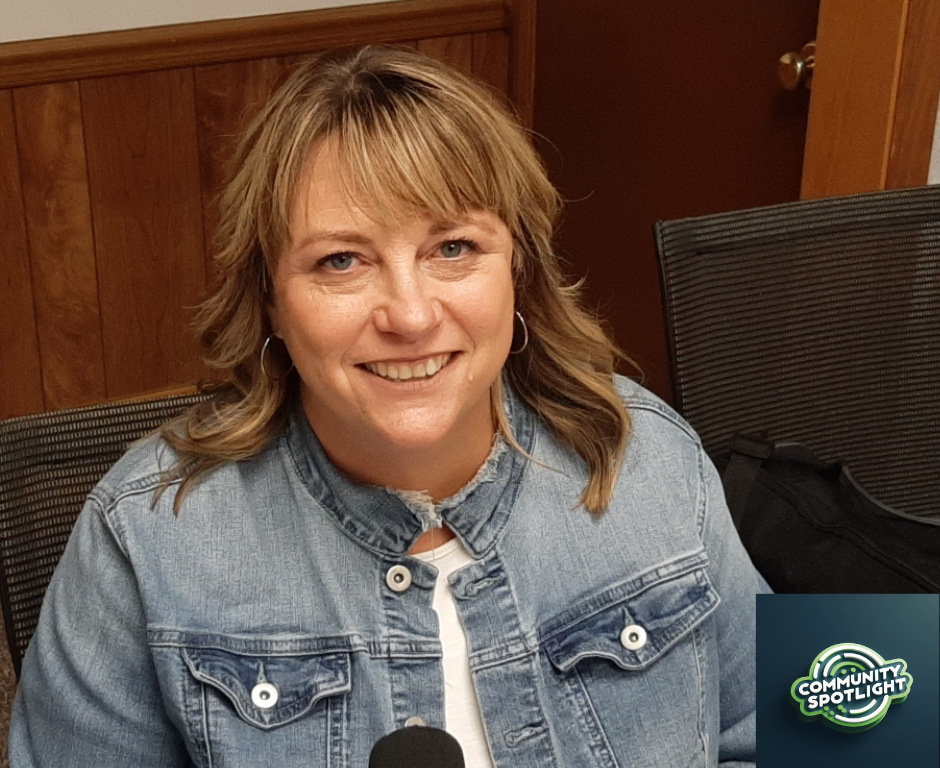MARION COUNTY/CRAWFORD COUNTY, OH (MARION COUNTY NOW)—May is National Mental Health Awareness Month, and the Marion Crawford Prevention Programs are emphasizing the importance of understanding and discussing mental health. Christi Eckert of the organization recently joined Randy Bigley on “Community Spotlight” to share crucial information and encourage open conversations.
Eckert stressed that mental health struggles and mental illnesses should be viewed as medical problems, similar to heart disease or diabetes, and that there is no shame in experiencing them. She defined mental illnesses as health conditions involving changes in emotion, thinking, or behavior that can cause distress and problems functioning in various aspects of life. Eckert also noted the frequent co-occurrence of substance use as a form of self-medication.
A key focus of the discussion was the language used when talking about mental health. Eckert urged the public to avoid derogatory terms and instead use “first-person language,” separating the individual from the condition. For example, saying “a person living with a mental health condition” rather than “mentally ill.” This shift in language aims to reduce stigma and encourage those struggling to seek help.
When asked how to talk to someone about their mental health, Eckert advised creating a safe and quiet space, remaining calm, being open and relaxed, and most importantly, not judging or minimizing their feelings. She emphasized the importance of listening without immediately offering solutions and validating their emotions. If someone is not ready to talk, it’s crucial to continue offering support.
Eckert also highlighted the importance of connecting individuals with resources, such as the national mental health crisis line, 988.
For more information on mental health resources, individuals can visit the Crawford Prevention Coalition Facebook page, the Drug Free Marion Coalition website at drugfreemarioncoalition.org, the National Alliance on Mental Illness (NAMI) at nami.org, or the Substance Abuse and Mental Health Services Administration (SAMHSA) at samhsa.gov.
“If you know somebody that’s struggling with this, or if you’re struggling yourself, don’t be embarrassed,” Bigley emphasized. “If you need help, get help.”


